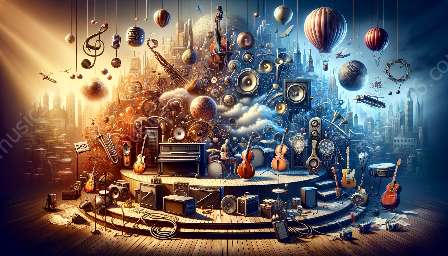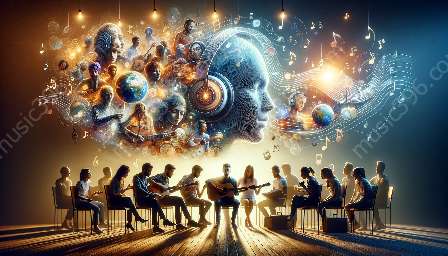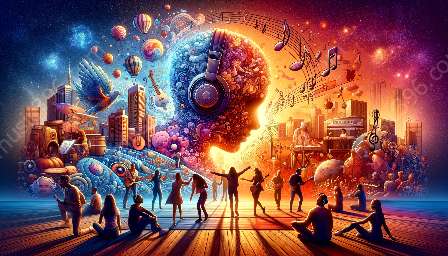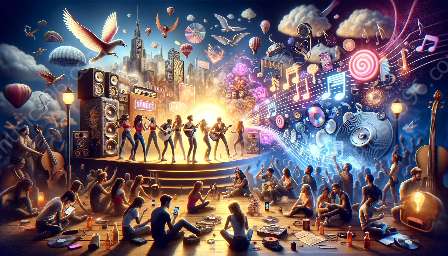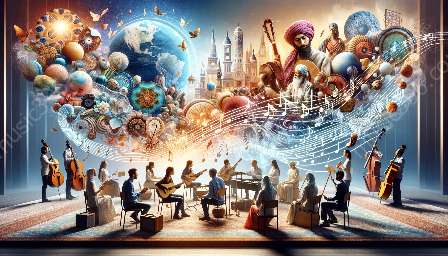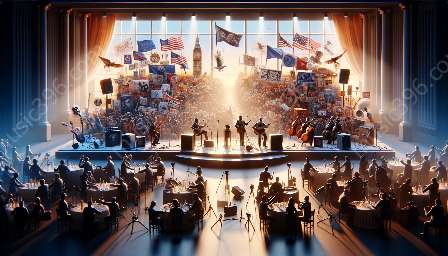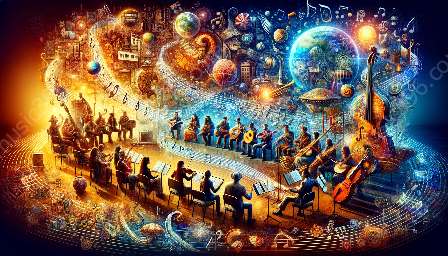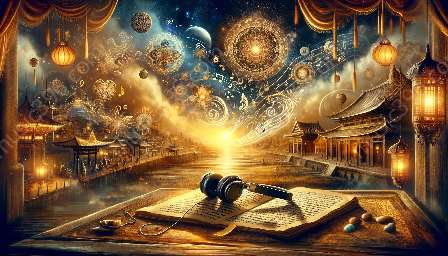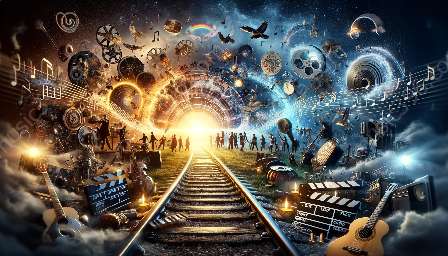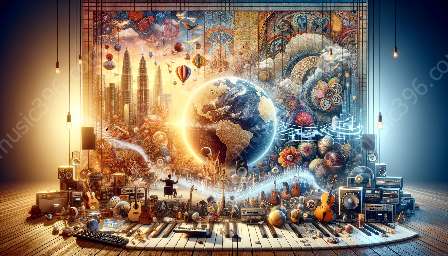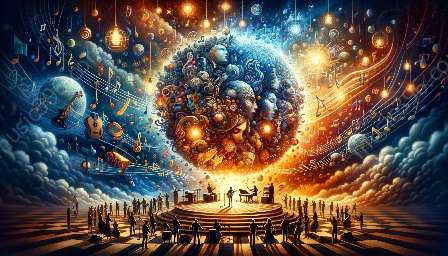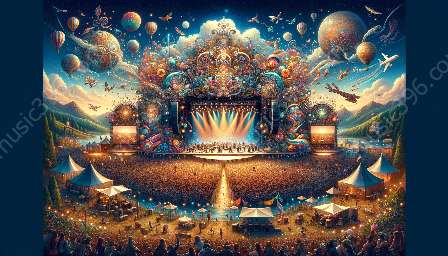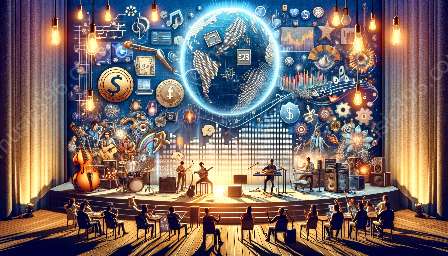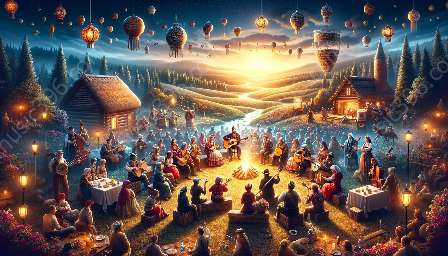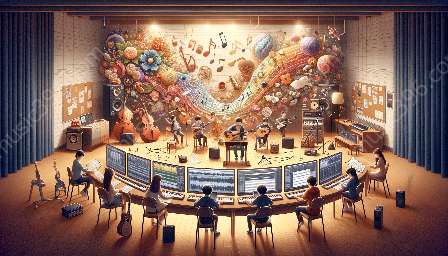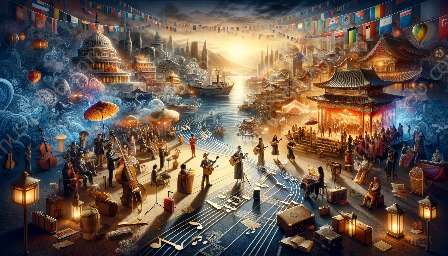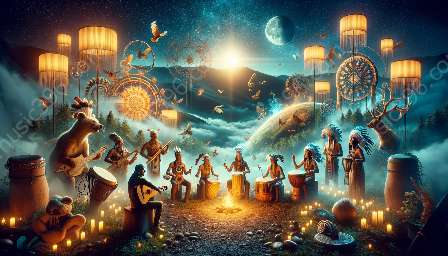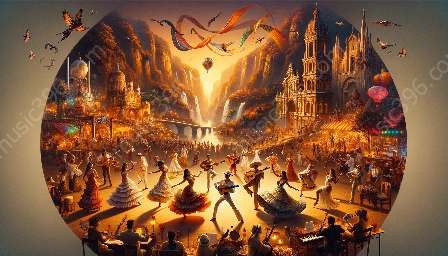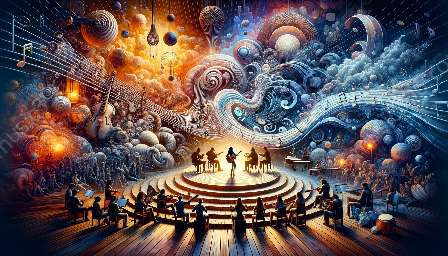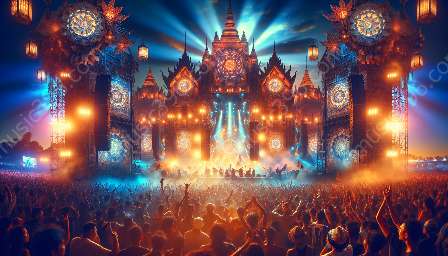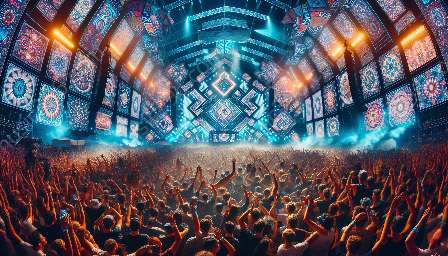Music has always been a powerful tool for political expression, providing a platform for musicians to engage with social and political issues and influence cultural attitudes. This topic explores the intricate connection between music and politics, considering how musicians have navigated the complexities of political engagement in their music and the influence of politics on music and culture.
Historical Perspectives
Throughout history, musicians have utilized their platforms to address political issues, often using their music as a form of protest or activism. The civil rights movement in the United States, for example, saw artists such as Nina Simone and Bob Dylan using their music to reflect the struggles of oppressed communities and challenge the status quo. Similarly, during the anti-apartheid movement in South Africa, musicians such as Miriam Makeba and Hugh Masekela used their music to raise global awareness and rally support for the cause.
Internationally, music has played a pivotal role in political movements, with artists across the globe using their influence to advocate for change and challenge political systems. The role of music in the anti-war movement, women's rights, LGBTQ+ rights, and environmental activism has been substantial, shaping cultural perceptions and prompting social and political change.
Impact on Culture
Political engagement in music has had a profound impact on culture, influencing societal attitudes and shaping the collective consciousness. From protest songs of the 1960s to contemporary anthems advocating for social justice, music has served as a catalyst for social change and cultural empowerment. The fusion of music and politics has created a space for dialogue, reflection, and mobilization, fostering a sense of community and shared purpose among diverse audiences.
As musicians address political complexities through their art, their work often transcends entertainment and becomes a driving force for social awareness and activism. Whether through lyrical content, performance, or philanthropic efforts, musicians have the ability to inspire audiences, amplify marginalized voices, and challenge societal norms, ultimately influencing cultural narratives and perspectives.
Challenges and Opportunities
While political engagement in music offers valuable opportunities for advocacy and social change, it also poses challenges for artists navigating the intersection of music and politics. Musicians face scrutiny, backlash, and censorship as they express dissenting viewpoints or critique the status quo. Moreover, the commercialization of music often complicates the balance between artistic integrity and commercial success, potentially silencing politically charged messages in favor of marketability.
Nevertheless, the evolving landscape of digital media and social platforms has provided musicians with new avenues for political engagement, allowing them to connect directly with audiences, mobilize support for causes, and amplify their voices without conventional gatekeepers. Collaborations with social movements and grassroots organizations have also enabled musicians to leverage their platforms effectively, embracing their roles as cultural influencers and agents of change.
Future Outlook
As the relationship between music and politics continues to evolve, the future holds immense potential for greater collaboration, activism, and cultural impact. Musicians are poised to engage with political complexities in their music in innovative ways, leveraging technology and global connectivity to inspire social change and foster dialogue across cultural, geographical, and ideological boundaries.
By examining the historical significance, cultural influence, challenges, and opportunities inherent in the intersection of music and politics, we can further appreciate the profound role that musicians play in navigating the complexities of political engagement through their art, ultimately shaping the landscape of music and culture in an ever-changing world.

